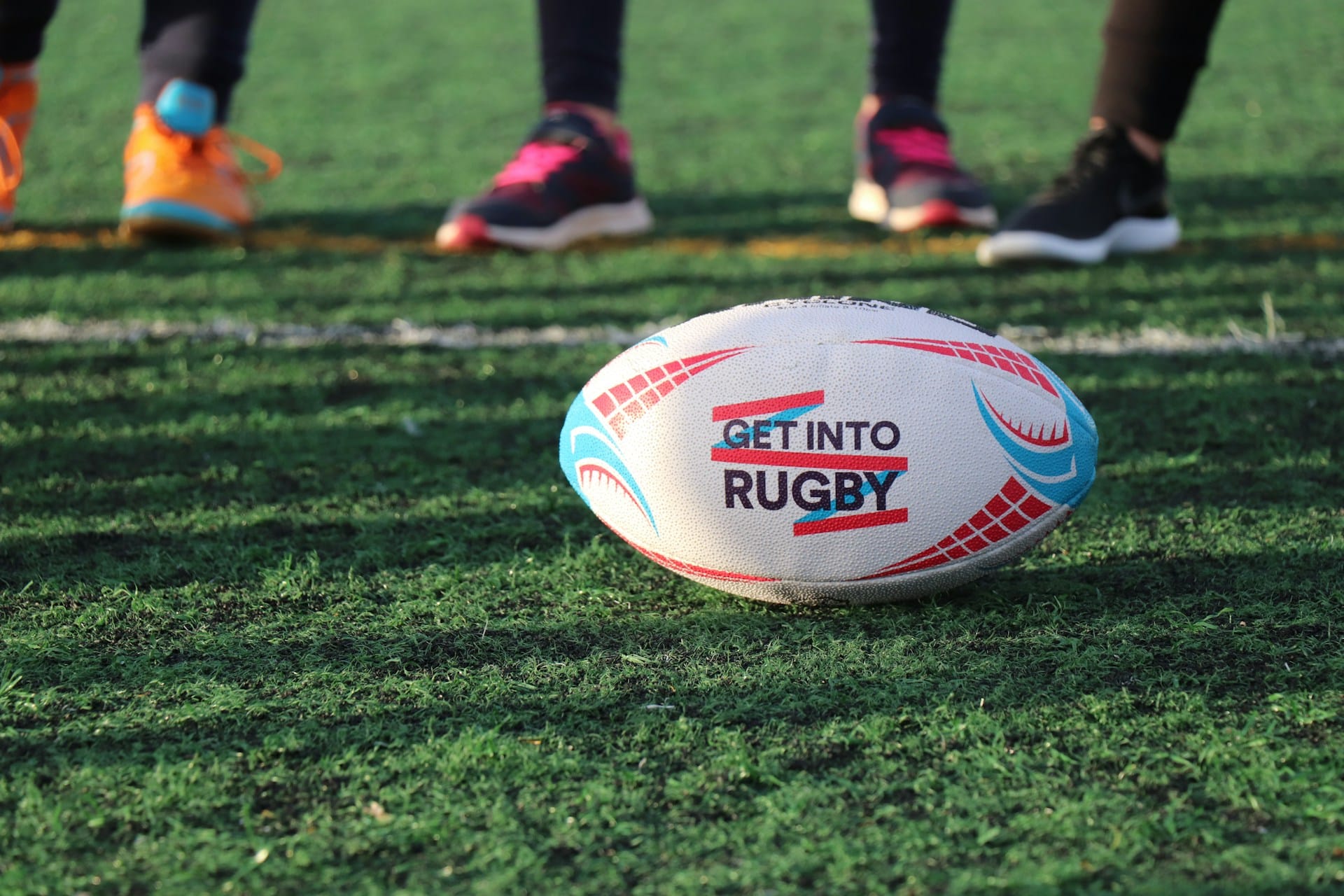In the world of contact sports like Rugby, nutrition plays a pivotal role not just in performance but also in the recovery process. A well-thought-out nutrition strategy can contribute significantly to an athlete’s recovery, overall health, and sustained performance. This article aims to provide insights into how athletes can optimize their nutrition for recovery in contact sports like Rugby. The focus is on key nutritional components, the timing of meals, and the significance of hydration.
The Role of Adequate Nutrition in Recovery
Contact sports like Rugby are physically demanding and can cause significant wear and tear on the body. Hence, it’s important to understand how diet and nutrition can help in recovery.
A lire également : How to Use Blood Flow Restriction Training for Muscle Growth in Athletes?
Nutrition is an essential component of an athlete’s lifestyle that determines their recovery from strenuous training and matches. It plays a vital role in repairing muscle tissues, replenishing energy stores, and reducing fatigue. It provides the body with necessary nutrients and energy to overcome the stress and damage caused by intense physical activity.
The Importance of Protein
Protein is a vital nutrient for recovery in contact sports. It aids in repairing and rebuilding muscle tissues that are damaged during a game. Protein is made up of essential amino acids that the body cannot produce on its own. Therefore, consuming protein-rich foods can replenish these amino acids and facilitate muscle recovery.
Dans le meme genre : How Can Sports Teams Implement Green Practices in Their Operations?
Sources of protein include lean meats, fish, dairy products, eggs, and plant-based alternatives like tofu and lentils. It’s important to consume protein throughout the day, not just after exercise, to provide a steady source of amino acids for muscle repair and growth.
Carbohydrates for Energy Repletion
Carbohydrates are crucial for replenishing energy stores after a vigorous game. They restore the glycogen levels in muscles, which is the primary fuel source during high-intensity activities.
Carbohydrates such as whole grains, fruits, vegetables, and legumes should be incorporated into meals and snacks. It’s recommended to consume carbohydrates immediately after a game or training session, as this is when muscles are most efficient at absorbing and storing glycogen.
Strategic Timing of Meals and Snacks
The timing of meals and snacks can impact recovery. Consuming the right nutrients at the right time can optimize recovery and prepare athletes for their next training session or game.
Post-Game Meal
A post-game meal is essential for kickstarting the recovery process. This meal should include a balance of carbohydrates, protein, and plenty of fluids. This combination helps replenish glycogen stores, aids in muscle repair, and rehydrates the body. Sports nutrition professionals often recommend eating this meal within 30 minutes to two hours after the game, when the body is most receptive to nutrients.
Regular Snacks
In addition to regular meals, athletes should also consume snacks throughout the day. These snacks can provide additional nutrients and energy necessary for recovery. A mix of carbohydrates and protein can be beneficial. Good snack options include fresh fruits, yogurt, nuts, or a sandwich with lean protein.
The Significance of Hydration
Proper hydration plays a crucial role in recovery. Staying hydrated helps maintain blood volume, regulate body temperature and support other vital bodily functions.
During a game of Rugby, athletes can lose significant amounts of fluid through sweat. Replacing these fluids is essential to prevent dehydration, which can delay recovery and impair performance. Drinking water throughout the day, as well as before, during, and after the game, can help maintain hydration levels.
In summary, optimal nutrition is key to effective recovery in contact sports like Rugby. A combination of adequate protein and carbohydrates, strategic timing of meals and snacks, and proper hydration can significantly enhance the recovery process. While this article provides general guidelines, individual nutritional needs can vary based on factors such as age, sex, weight, and the intensity of the sport. Therefore, it can be beneficial to seek personalized advice from a registered dietitian or sports nutrition professional.
Micronutrients and Their Role in Recovery
Building on the importance of macronutrients like proteins and carbohydrates, it is also essential to understand the role of micronutrients in recovery. Micronutrients are vitamins and minerals that the body needs in smaller quantities but are still vital to overall health and recovery.
Athletes participating in contact sports like Rugby are often prone to injuries and inflammation. Vitamins, such as Vitamin C and E, are known for their anti-inflammatory properties and can assist in reducing inflammation post-game. Minerals like calcium and iron are critical for bone health and blood production, respectively.
Omega-3 fatty acids, a type of polyunsaturated fat, can also aid recovery by reducing inflammation and promoting muscle protein synthesis. Foods rich in Omega-3 include fatty fish, chia seeds, flax seeds, and walnuts.
Including a variety of fruits, vegetables, lean proteins, and whole grains in your diet can ensure a good supply of these micronutrients. However, the intensity of training and games in contact sports may sometimes require athletes to take supplements to meet their nutritional needs. It is advisable to consult with a registered dietitian or sports nutrition professional before starting any supplement regimen.
The Influence of Sleep on Recovery and Nutrition
Sleep is another significant aspect of recovery that is often overlooked. Sleep directly impacts an athlete’s performance and recovery by influencing muscle growth, cognitive function, and immune response.
During sleep, the body produces growth hormone, which facilitates muscle repair and growth. Additionally, a good night’s sleep can enhance cognitive functions like decision-making and focus, which are crucial in high-paced contact sports like Rugby.
Nutrition can also influence sleep quality. Consuming foods high in tryptophan, an amino acid that helps produce serotonin, a neurotransmitter that aids in sleep, can promote better sleep quality. Foods rich in tryptophan include poultry, eggs, cheese, nuts, and seeds.
Moreover, eating a heavy meal or consuming caffeine close to bedtime can interfere with sleep. Athletes should aim to finish their dinner at least 2-3 hours before going to bed and limit their intake of caffeinated drinks in the evening.
Conclusion
Optimizing nutrition for recovery in contact sports like Rugby requires a multi-faceted approach. It involves not only a balanced intake of macronutrients like proteins and carbohydrates but also ensuring adequate intake of micronutrients and maintaining proper hydration levels. The timing of meals and snacks also play a significant role, with a focus on post-game meals and regular snacks throughout the day.
In addition, factors like sleep and the use of dietary supplements can influence recovery and overall performance. Each athlete’s nutritional needs are unique and can vary based on a range of factors. Therefore, it is beneficial to seek advice from a registered dietitian or sports nutrition professional who can provide personalized recommendations.
In the competitive world of contact sports, every edge counts. By prioritizing proper nutrition and recovery strategies, athletes can ensure they are always ready to give their best performance on the field.











